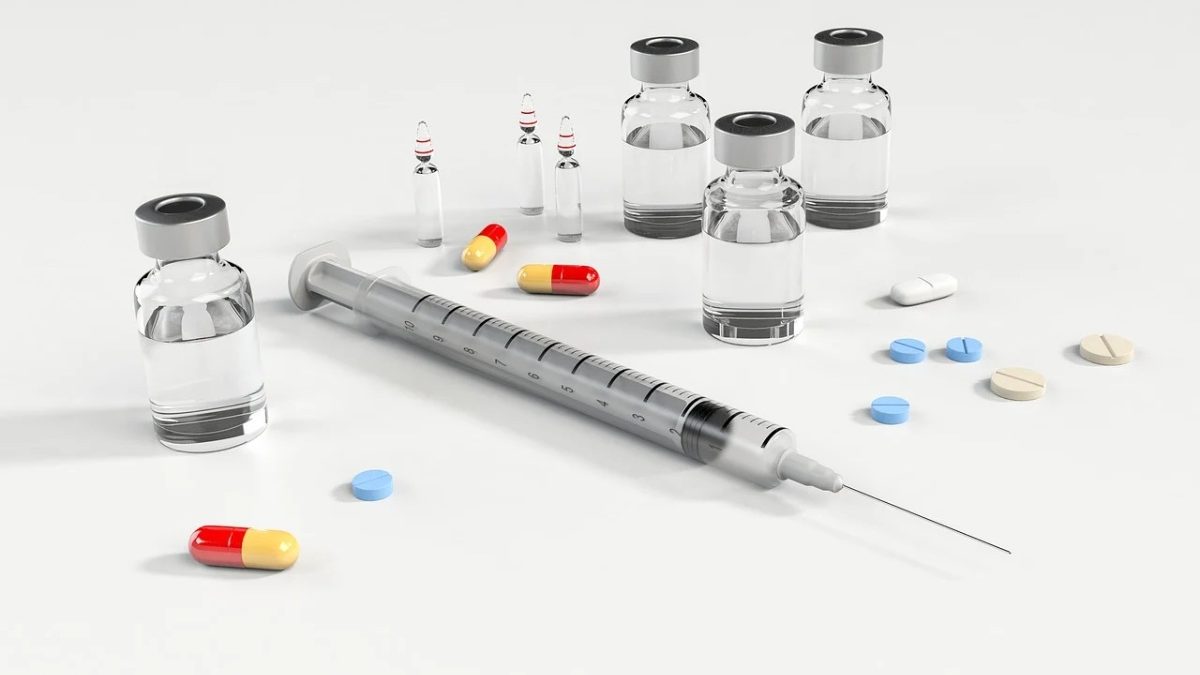Table of Contents
ToggleIntroduction
Healthcare workers play a critical role in administering drugs to patients, ensuring that the proper medications are given in the correct dosage and route of administration. With patient safety on the line, the responsibility of healthcare workers in drug administration cannot be understated. In this blog, we will explore the importance of this responsibility and the measures that healthcare workers can take to ensure safe and effective drug administration. From preventing medication errors to identifying adverse reactions, join us as we delve into the crucial role of healthcare workers in drug administration.
The Importance of Medication Administration: Enhancing Patient Outcomes
One of the primary responsibilities of healthcare workers is medication administration. Medications are a critical component of patient care and can significantly impact patient outcomes. Healthcare workers must ensure that medications are administered correctly and safely to maximize their effectiveness and minimize the risk of adverse events.
Conducting Patient Assessment
Before administering any medication, healthcare workers must conduct a thorough patient assessment. The assessment should include a review of the patient’s medical history, current symptoms, and any allergies or contraindications to the medication. Accurate patient assessment is essential for selecting the appropriate medication and ensuring that it is administered safely.
Calculating the Right Amount for Optimal Results
Healthcare workers must calculate medication dosages accurately to ensure that patients receive the appropriate amount of medication. Dosage calculations must consider the patient’s weight, age, medical history, and other factors that can affect the medication’s efficacy and safety. Precise dosage calculation maximizes drug efficacy and minimizes the risk of adverse reactions or side effects.
Ensuring Medication Reaches the Right Place
In addition to accurate dosage calculation, healthcare workers must also determine the appropriate route of medication administration. The route of administration should be selected based on the medication’s properties and the patient’s medical condition. Proper medication route of administration is critical for ensuring that the medication reaches the right place in the body and can exert its therapeutic effects.
Following Best Practices for Safe Delivery
Medication administration is a critical process that requires strict adherence to best practices. Healthcare workers must follow established protocols for medication administration, including hand hygiene, proper medication labeling, and double-checking medication dosages. Safe medication administration prevents errors and ensures patients receive the proper medications at the right time.
Ensuring Medication Efficacy and Safety
After medication administration, healthcare workers must closely monitor patients for signs of medication efficacy and adverse events. It includes checking vital signs, observing for changes in symptoms, and reviewing laboratory results as necessary.
Vigilant patient monitoring is essential for identifying problems early and preventing complications.
Maintaining Accurate Records
Accurate medication documentation is essential for maintaining continuity of care and preventing medication errors. Healthcare workers must ensure that all medication administration is accurately documented, including the medication name, dosage, route of administration, and time of administration. Proper documentation can also help to communicate medication information to other healthcare providers involved in the patient’s care.
Protecting Patients and the Environment
Healthcare workers must also ensure that medications are stored and disposed of properly to prevent harm to patients and the environment. Medications must be stored in a secure and controlled environment to prevent unauthorized access or theft. Proper medication disposal is critical for preventing environmental contamination and protecting public health.
Checking Information Online
Online information has become an indispensable tool for healthcare workers in making accurate drug prescriptions. With numerous online resources, healthcare professionals can access evidence-based information on medication dosing, interactions, and adverse reactions. PrescriberPoint is an excellent online resource that provides comprehensive and up-to-date drug administration and prescription information. By leveraging the benefits of such online resources, healthcare workers can improve their knowledge and competency in drug administration and prescription, improving patient safety and optimal health outcomes.
Empowering Patients to Take Control of Their Health
Patient education is an essential component of medication administration. Healthcare workers must educate patients about their medications, including the medication’s purpose, potential side effects, and any precautions the patient should take. Patient education promotes patient safety and ensures patients understand how to take their medications properly.
Conclusion
In conclusion, healthcare workers have a critical responsibility in drug administration. By assessing patients accurately, dosing medications correctly, monitoring patients closely, documenting medication administration, educating patients, and following established policies and procedures, healthcare workers can help ensure medication therapy’s safety and effectiveness. Adhering to these responsibilities is essential for promoting positive patient outcomes and preventing medication errors.
Related posts
Hot Topics
Everything You Need to Know About a Savings Plan in 2025
A savings plan is a financial tool that offers the combined benefits of insurance & growth. This ensures financial security…
Mobile Threat Defense: The Silent Shield Behind Every Secure App
Mobile apps are found everywhere in India’s rapidly developing digital landscape—from banking and online shopping to healthcare and learning. And…



